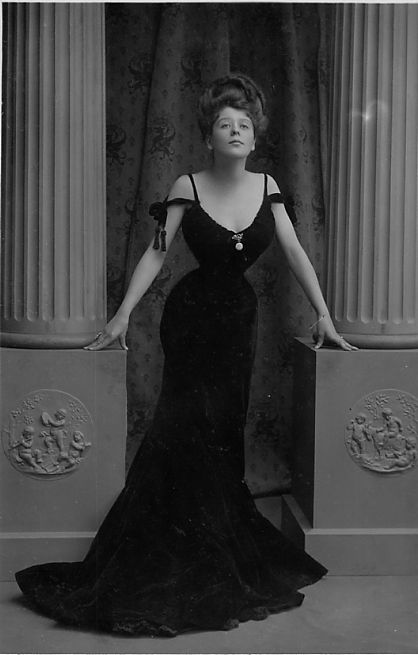FWP:
SETS == EXCLAMATION; HUMOR; IDIOMS
BELOVED HAS NO WAIST: We already know that the beloved's delicate little rosebud mouth is so microscopic that she basically has no mouth at all: on this see {91,4}. (For a bizarre verse that deprives her of fingers, see {50,8x}.) In the ghazal world, with its love of hyperbole and extravagance, the beloved is also so gracefully slender that she doesn't merely have a tiny waist [kamar]-- her waist is so small that it's invisible, she essentially has no waist at all. For other, more abstract uses of this conceit, see {100,3} and {389x,5}.
ABOUT EROTIC SUGGESTION: Nazm rightly points to the erotic overtone
of the second line-- 'Don't I know your waist?' Implying, of course,
'Am I not your lover, have I not held you in my arms?' (Though Nazm is too refined
to actually say it.) Ghalib's erotic suggestions are almost all of this kind:
they work, as this one does, through inshaa))iyah speech and the power of implication.
The same pattern of subtle but unlimited erotic suggestion can be seen in {82,4x} with its emphasis on tight clothing; in
{138,5}, in which 'there's a tongue in my
mouth too', and in the clever wording of {116,1},
'tell me with your mouth'. (And for an erotic use of teeth, see {378x,4}.) In {108,5}, the
evocative image is that of an untied sash. In {111,3},
it's the star-maidens coming out at night, 'naked/unveiled'. (By contrast,
how ineffective and unexciting is the more explicit {97,7}.)
In {111,8}, the suggestion is all the more potent for being indirect. For two such elegantly suggestive verses in a single ghazal, see {116,1}
and {116,9}. In {151,7},
the beloved has suddenly become free with her kisses. Compare also the Atish
verse quoted in Nazm's commentary on {164,9}.
In {172,2} and {428x,8} we have things that happen 'while
embracing'; in {194,5} we have a clear evocation
of 'union'. And in {227,2} we have some markedly
suggestive behavior as the spring breeze penetrates the rosebud. On the 'heat' of the knotted sash: {312x,3}; on the knot in the sash as a 'bud', see {377x,5}. There are also several instances in {356x}, which has the refrain 'pillow'. For more verses with erotic themes, see the whole 'union' set: {5,2}.
When you set out to do something in English, you traditionally (and Biblically)
'gird up your loins'. In Urdu, you idiomatically 'bind up your waist' [kamar
baa;Ndhnaa] for action. But of course, since the beloved has no waist
to bind up, this threat has no force. The combination of a stylized extravagance
with a lively idiom creates a delightful verse. It's further energized by
the untranslatable idiom merii balaa , which here means
something like (in a tone of indignation) 'what the hell! as if I'd do that!'
(The use of the third-person verb form-- ;Dare instead
of ;Daruu;N -- serves to further distance the action
from the speaker.) For more on the expression merii balaa
, which is short for merii balaa se , see {58,1}.

Nazm:
To 'tie the waist' [kamar kasnaa] and 'to bind the waist' [kamar baa;Ndhnaa] mean to prepare for some undertaking. And for the beloved, the great undertaking is to murder the lover. What is your waist at all, that you will bind it up? What the hell-- do I not know your waist? In this verse, the word 'I' should be pronounced in a slightly distinctive [mumtaaz] tone. And that will create the extra meaning that 'I am not some nobody'-- and then this meaning is in the service of another [erotic] meaning, such that it's better to refrain from discussing it. (103)
== Nazm page 103